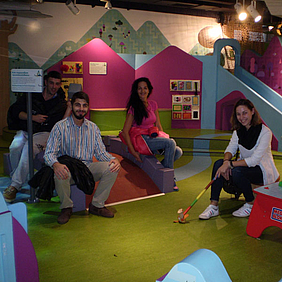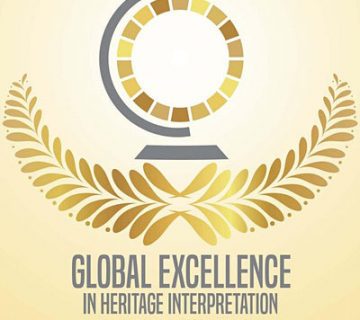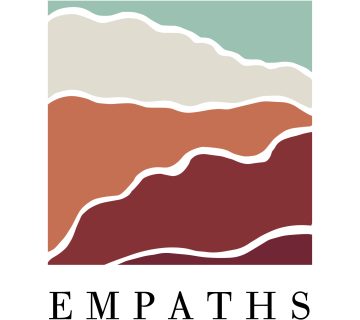A workshop was held in Sofia, in October 2016, focusing on attracting young people to heritage, universality of heritage, heritage based entrepreneurship and making a difference in local development.
Young people from five EU countries gathered for a six-day long workshop near Sofia, surrounded by a sparkling brightness of autumn colours. The event was organized by the Center for Heritage Interpretation, within the framework of the Erasmus+ EU funded YCARHe project.
We discussed how to present heritage to a young audience, how to define the universal value of heritage and empower young citizens through it. We played nature games, and discussed heritage based entrepreneurship, and how the development of projects makes a difference in the development of the local community. During the workshop, we listened to each participant and discovered that everyone had a special and important future as a contributor to the sustainability of heritage. A particular strength was an ability to reveal meaning without defining it. We followed the principles of the HeriQ project interpretive guide throughout the workshop.
Our field studies took place at the Muzeiko Interpretive Museum for children and young people (where adults had fun as well!). We discussed the way artifacts were exhibited and interpreted at both the National History Museum and the Roman archaeological museum. The heritage at the Vitosha Nature Park was revealed to us and we discussed the concept of local food, old rituals and places, as ways of adding value to the identity of communities. We talked a lot about rural heritage reinforcement, personal development, communicating heritage (particularly the roles of interpreters and visitors). We also talked about differences in interpretative method and spin-offs of cultural and natural heritage and the roles of objectivity and reality when creating interpretive stories. We studied Tilden – before and after and the new paradigms; forest gardens and farms, and employing heritage to work at individual and collective levels. We also looked at the ways children and adults can experience heritage together. We enjoyed learning whilst exercising how to re-vitalize heritage and make it more present in our lives.
We developed several concepts for achieving change for the local community, based on local heritage, which we discovered ourselves. We delivered our ideas to local citizens who were very grateful to us.
Margarita Kaisheva works for the Center for Heritage Interpretation in Sofia, Bulgaria, which is a partner of the Erasmus+ YCARHe project. She can be contacted at: mborisova@bitex.com
To cite this article:
Kaisheva, M. (2016) ‘For youth: Opening heritage to open minds’. In Interpret Europe Newsletter 4-2016, 14
Available online:
https://www.interpret-europe.net/fileadmin/Documents/publications/Newsletters/ie-newsletter_2016-4_winter.pdf




